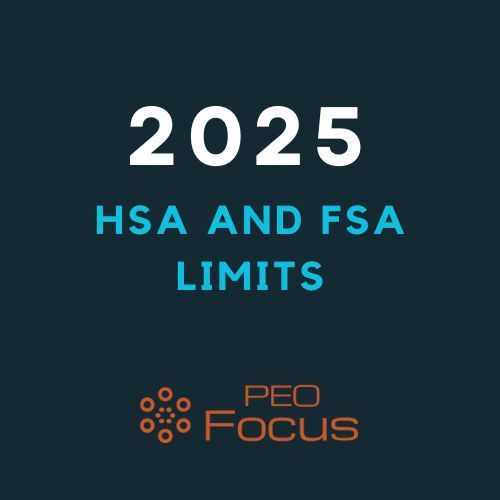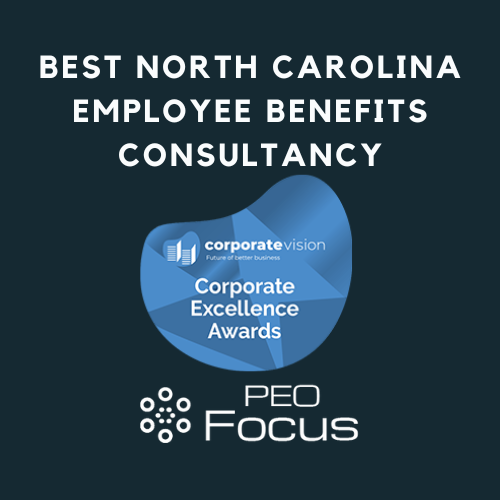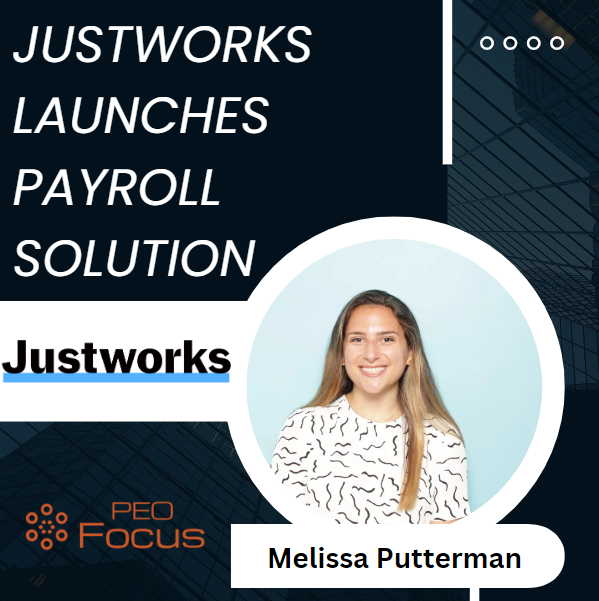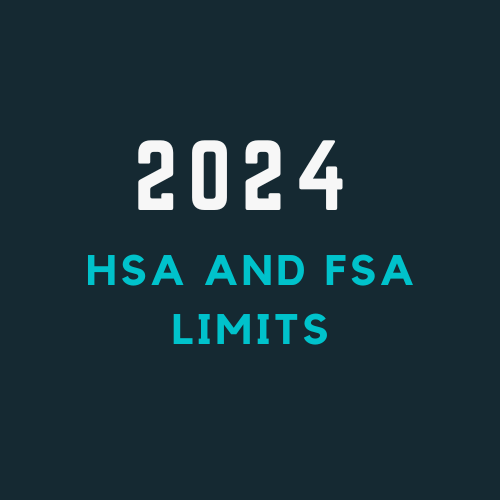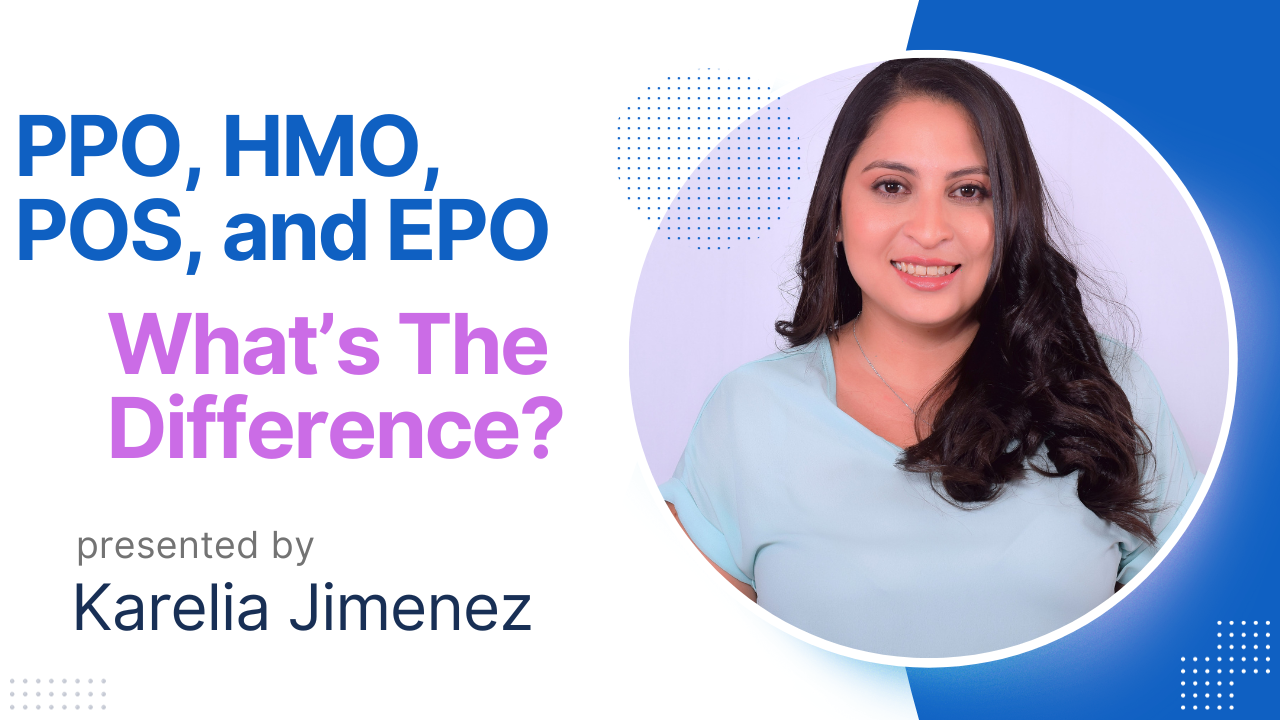Are Business Owners Eligible to Participate in HSA and FSA Accounts?
A Deeper Dive Into how Business Owners Can Participate in
HSA and FSA Tax Advantaged Accounts
As a business owner, you have many responsibilities when it comes to managing your finances and ensuring the success of your company. One aspect of this is handling contributions to your Health Savings Account (HSA) and Flexible Spending Account (FSA). These accounts can be a useful way to save money on healthcare costs and other expenses, but it's important to understand how they work and how to properly manage them.
First, let's take a look at what HSAs and FSAs are and how they differ. A Health Savings Account is a tax-advantaged account that is used to pay for qualified medical expenses. It is typically paired with a high-deductible health plan, and the funds in the account can be used to pay for out-of-pocket expenses such as deductibles, copays, and prescriptions.
On the other hand, a Flexible Spending Account is also a tax-advantaged account that can be used to pay for qualified medical and dependent care expenses. Unlike an HSA, which is tied to a specific health plan, an FSA is usually offered as a benefit through an employer and can be used to pay for a wide range of expenses including healthcare, dental, & vision treatment costs.
Now that we have a basic understanding of these accounts, let's look at how business owners can handle contributions for themselves.
If you are a business owner and have a high-deductible health plan, you may be eligible to open an HSA. To contribute to an HSA, you will need to establish the account with a financial institution and then make contributions throughout the year. Contributions to an HSA are tax-deductible, which can help to lower your overall tax bill.
As a business owner, you have the option to contribute to your own HSA either through payroll deductions or by making contributions directly to the account.
If you choose to contribute through payroll deductions, owners will most likely need to make these contributions post tax as opposed to pre-tax.
Owners who need to make contributions post tax include:
- Members of a Limited Liability Company, or LLC
- Partners in a partnership
- 2% or greater owners of a Subchapter S corporation
These restrictions also apply to FSA accounts and are put in place by the IRS to prevent someone from receiving the favorable tax treatment twice for the same person being once via the business and then secondly from the owner.
Keep in mind that there are annual contribution limits for HSAs, so be sure to check with the Internal Revenue Service (IRS) to determine the maximum amount you can contribute each year.
2025 HSA and FSA Contribution Limits
| 2025 | 2024 | Change | |
|---|---|---|---|
| HSA Contribution Limit | Self-only: $4,300 Family: $8,550 | Self-only: $4,150 Family: $8,300 | Self-only: +$150 Family: +$250 |
| HSA Catch Up Contribution Limit (Age 55 and older) | $1,000 | $1,000 | $0 |
| Health FSA Contribution | $3,300 | $3,200 | +$100 |
| Dependent Care Maximum salary deferral (single taxpayers and married couples filing jointly) | $5,000 | $5,000 | $0 |
| Dependent Care Maximum salary deferral (married couples filing separately) | $2,500 | $2,500 | $0 |
If you offer an FSA as a benefit to your employees, you may also be eligible to participate in the plan yourself. To contribute to an FSA, you will need to enroll in the plan and then make contributions throughout the year. Like an HSA, contributions to an FSA are tax-deductible and can help to lower your overall tax bill.
One important thing to keep in mind with FSAs is that they are typically "use-it-or-lose-it" plans, which means that any funds that are not used by the end of the plan year will be forfeited. This means that it's important to carefully plan your contributions to ensure that you are able to fully utilize the funds in your account.
In summary, as a business owner, you have the option to contribute to an HSA or an FSA to help pay for qualified medical and dependent care expenses. Contributions to these accounts are tax-deductible, which can help to lower your overall tax bill. It's important to understand the rules and regulations surrounding these accounts and to carefully plan your contributions to ensure that you are able to fully utilize the funds in your account.
FAQs surrounding HSA and FSA Contributions for Business Owners:
What restrictions do these owners face with respect to the employer contributions?
The business can’t give owners a tax-free contribution. Any contributions to these owners’ accounts from the business are considered taxable income to the owner (and tax-deductible to the business as a compensation expense).
Can these businesses make tax-free contributions to employees’ HSAs?
Yes. The restrictions are placed on contributions to owners, not employees. These businesses can make tax-free contributions to their employees’ HSAs.
What restrictions do these owners face on personal contributions?
They’re eligible to participate in a Cafeteria Plan, the vehicle that allows individuals to receive a portion of their total compensation in the form of untaxed benefits. Thus, these owners can’t make pre-tax contributions to their HSAs.
Can these owners make post-tax payroll contributions to their HSAs?
Yes. They can contribute up to the maximum contribution allowed by law. Post-tax payroll deductions or drafts from a personal account are convenient means of contributing regularly to an HSA.
Do they lose tax advantages of HSA contributions because they can’t make pre-tax payroll contributions?
No. These owners can make personal post-tax contributions and then deduct those contributions on their personal income tax return (Form 1040) - even if they don’t itemize other deductions. In doing so, they recoup the federal and state (if applicable) income taxes paid on those funds.




